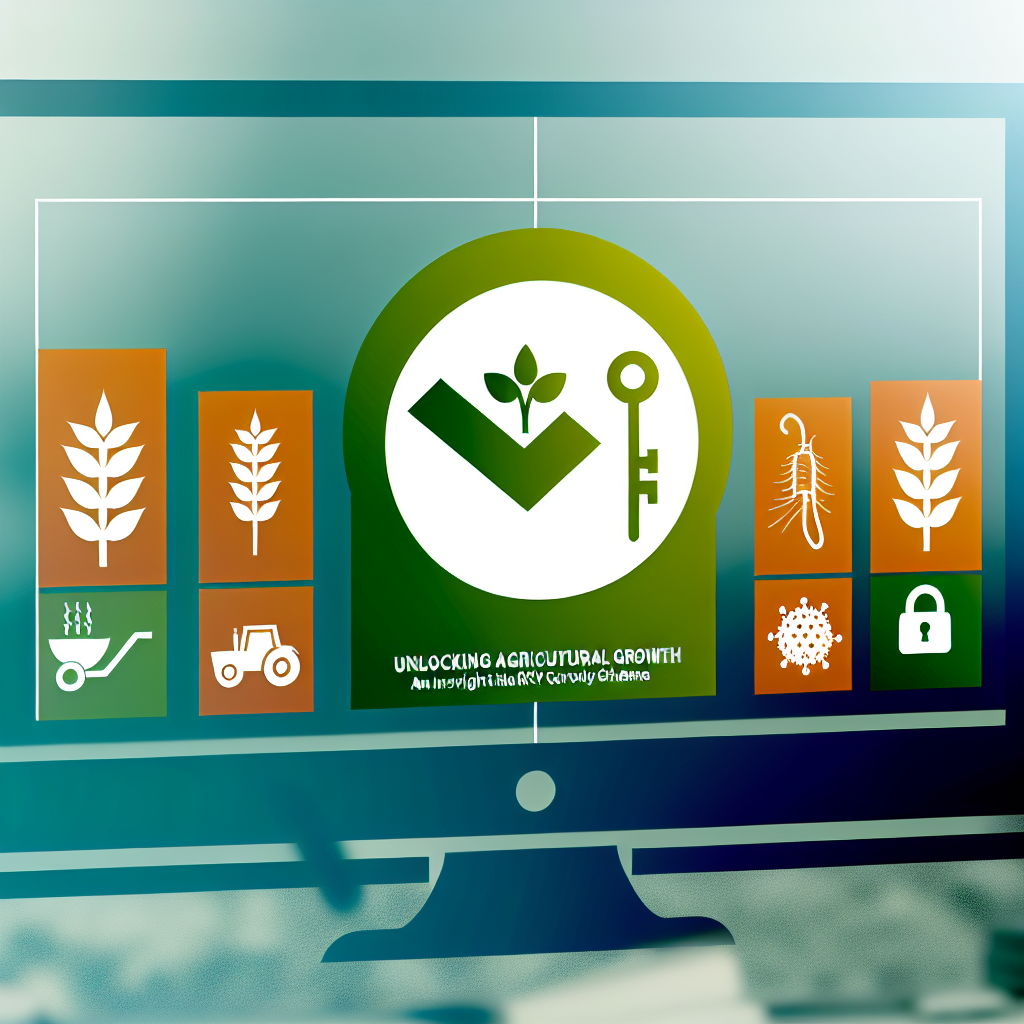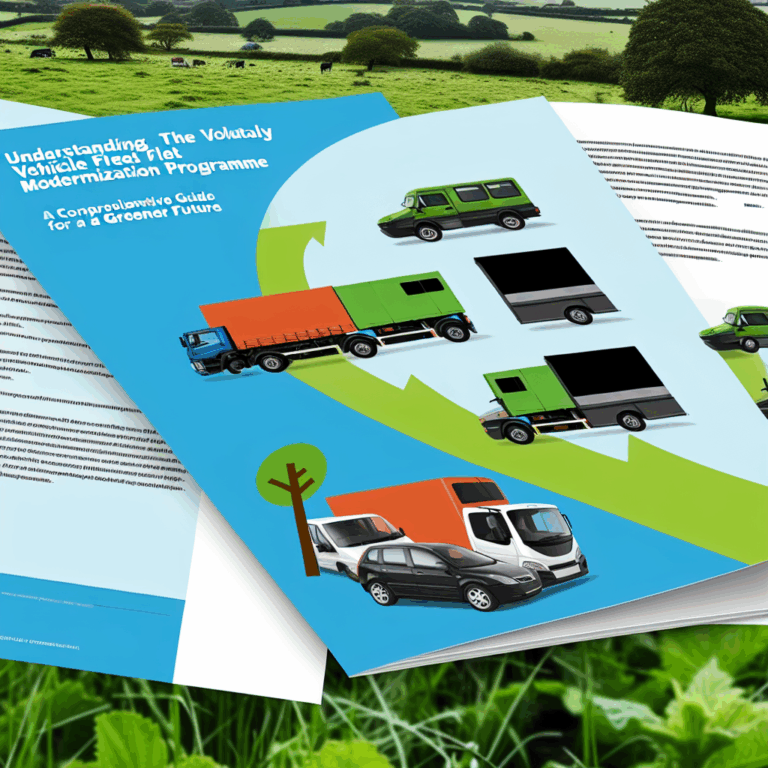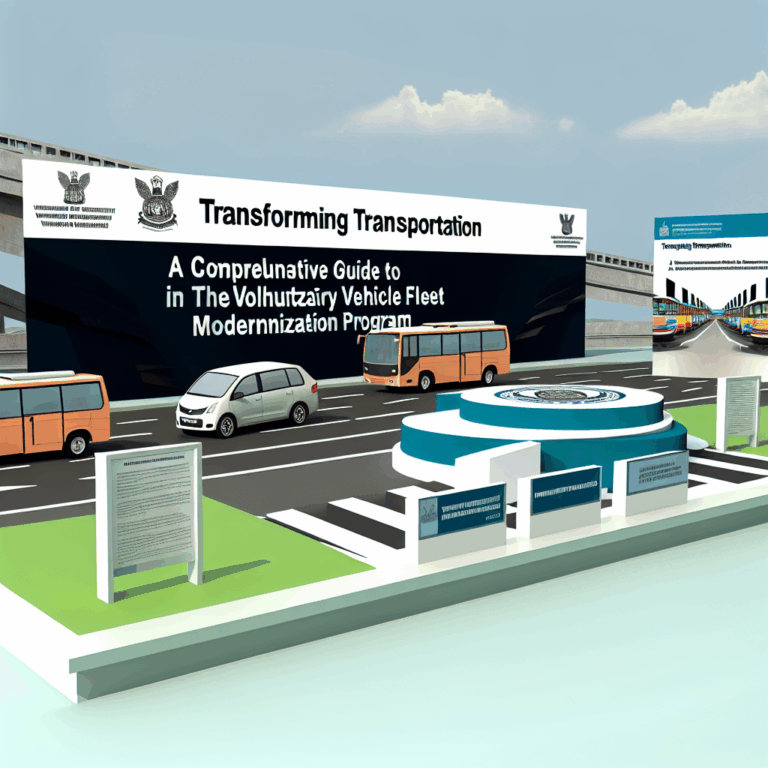Copyright @ 2023 www.digimitr.com. All rights reserved.

Unlocking Agricultural Growth: An In-Depth Look at the Rashtriya Krishi Vikas Yojana (RKVY) Cafetaria Scheme
Discover the key aspects of the government scheme titled “Unlocking Agricultural Growth: An In-Depth Look at the Rashtriya Krishi Vikas Yojana (RKVY) Cafetaria Scheme”. This scheme is overseen by the relevant ministry and aims on providing benefits to eligible beneficiaries.
Here is a comprehensive overview:
The Rashtriya Krishi Vikas Yojana (RKVY) is a flagship initiative of the Government of India aimed at fostering agricultural development. Launched in 2007, RKVY’s primary objective is to improve the agricultural sector’s productivity and sustainability. A critical component of this initiative is the Cafetaria Scheme, designed to provide financial assistance tailored to the needs of farmers and agricultural enterprises in India. The scheme is a comprehensive approach that emphasizes not just crop production but also the overall enhancement of the agricultural ecosystem.
Eligibility Criteria
The RKVY Cafetaria Scheme is inclusive and caters to various stakeholders in the agricultural sector. To be eligible for funding under this scheme, candidates must meet specific criteria:
- Farmers: Individual farmers or groups of farmers (like cooperatives) engaged in various agricultural activities.
- Self-Help Groups (SHGs): Registered SHGs involved in agricultural production or processing.
- Agricultural Institutions: Agricultural universities, research institutions, or organizations working in agriculture-related fields.
- State Governments: Provincial governments or their executing agencies can also apply for funding for statewide agricultural projects.
This wide range of eligibility ensures that diverse players in the agricultural ecosystem can benefit from the scheme, thereby enhancing collective productivity and sustainability.
Key Features and Benefits
The RKVY Cafetaria Scheme is characterized by its flexibility and comprehensive support tailored to local agricultural needs. Key features include:
- Customizable Finances: The scheme allows applicants to choose from various financial options, addressing local climatic conditions, geography, and market demands.
- Focus on Modernization: By promoting the adoption of innovative agricultural practices, modern technologies, and sustainable farming techniques, the scheme aims to uplift overall agricultural productivity.
- Broad Spectrum of Activities: The funding scope ranges from crop production, livestock management, farm machinery, irrigation projects, and agro-processing to marketing.
- Support for Infrastructure Development: The scheme encourages investments in rural infrastructure, which is vital for effective agricultural marketing and distribution.
Benefits include increased crop yields, sustainable agricultural practices, better market access, and improved livelihoods for farmers, ultimately leading to economic growth in rural areas.
Application Process
The application process for the RKVY Cafetaria Scheme is designed to be user-friendly to encourage participation from all eligible stakeholders. The process generally involves the following steps:
- Submission of Proposal: Eligible candidates must prepare and submit a detailed project proposal outlining their needs, objectives, and expected outcomes.
- Review and Approval: The proposals are assessed by a committee to ensure they meet the set criteria. Approvals are granted based on the alignment with scheme objectives.
- Funding Disbursement: Upon approval, the fund is released in phases based on project milestones, ensuring accountability and measurable progress.
Monitoring and evaluation of progress are conducted periodically to ensure that funds are utilized effectively and meet original objectives.
Funding and Budget
The RKVY Cafetaria Scheme operates on a substantial budget allocated by the government, primarily sourced from the annual budget for the Ministry of Agriculture. The funding pattern is generally based on a 60:40 sharing ratio between the central and state governments for most states. For northeastern and Himalayan states, this ratio can go up to 90:10.
This budget allocation allows for significant investments in diverse agricultural projects. Farmers and agricultural enterprises can access up to ₹1 crore, depending on the project and its potential impact. The financial support is structured to encourage innovation while ensuring that projects are economically viable and sustainable.
Achievements or Impact
Since its inception, the RKVY Cafetaria Scheme has yielded impressive results in the realm of Indian agriculture. Reports suggest a marked increase in agricultural production, specifically in food grains and cash crops. Besides enhancing crop yield, the scheme has effectively improved rural livelihoods by creating employment opportunities in various agricultural sectors.
The focus on cooperative models has empowered farmer communities, enabling them to collectively invest in resources, share knowledge, and access markets more effectively. Such collaborative efforts have led to significant social impacts, including improved food security and economic stability in rural regions.
Challenges (if any)
Despite the successes, the RKVY Cafetaria Scheme does face some challenges. Implementation inconsistencies across various states can lead to unequal benefits. The lack of awareness and understanding among farmers about the scheme’s offerings often prevents optimal utilization of funds. Additionally, bureaucratic hurdles can sometimes delay project approvals and funding disbursements, thereby hindering timely implementation.
Recent Updates
In recent years, the RKVY has been revised to incorporate more technological advancements to enhance efficiency. Digital platforms are now being utilized to monitor the progress of funded projects, ensuring more transparency and accountability. Furthermore, there is a growing emphasis on sustainable practices, such as organic farming and water conservation, in line with global trends toward environmentally friendly agricultural methods.
The government is also actively engaging with stakeholders to gather feedback, intending to refine the scheme continually and address the needs of various agricultural sectors.
Conclusion
The Rashtriya Krishi Vikas Yojana Cafetaria Scheme stands as a testament to the Indian government’s commitment to catalyzing agricultural growth and sustainability. By offering flexible financial support tailored to local needs, it has enabled farmers, cooperatives, and agricultural institutions across the country to innovate and thrive. As the agricultural landscape continues to evolve in the face of climatic challenges and market demands, the impact of RKVY will undoubtedly play a crucial role in shaping a resilient and prosperous agricultural future in India.
FAQ
What types of projects are eligible for funding under the RKVY Cafetaria Scheme?
Eligible projects under the RKVY Cafetaria Scheme include crop production, livestock management, farm mechanization, irrigation projects, and agro-processing among others.
How can farmers access the funding provided by the RKVY Cafetaria Scheme?
Farmers can access funding by submitting a detailed project proposal to their respective state governments. The proposals undergo a review process, and upon approval, funds are disbursed in phases based on project milestones.
What are the recent updates regarding the RKVY Cafetaria Scheme?
Recent updates include the incorporation of digital monitoring platforms to enhance transparency and efficiency, as well as a greater emphasis on sustainable agricultural practices in response to global trends.
For more information, check out official government site,
Official government website or relevant source not provided.
Stay updated on related schemes and initiatives using hashtags: #Unlocking #Agricultural #Growth #InDepth #Rashtriya #Krishi #Vikas #Yojana #RKVY #Cafetaria #Scheme
Feel free to share about this scheme in the comments below!





